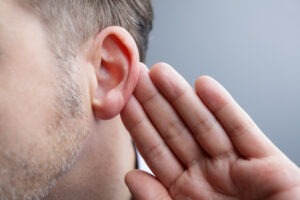
Mesh implants are the most common way to repair hernias, but these procedures have complications and side effects. Many people report pain, mesh failure, reherniation, infections, and other issues following hernia mesh repairs. Those who experience painful and costly issues after a mesh hernia repair are seeking justice through the courts. If you suffer hernia …




